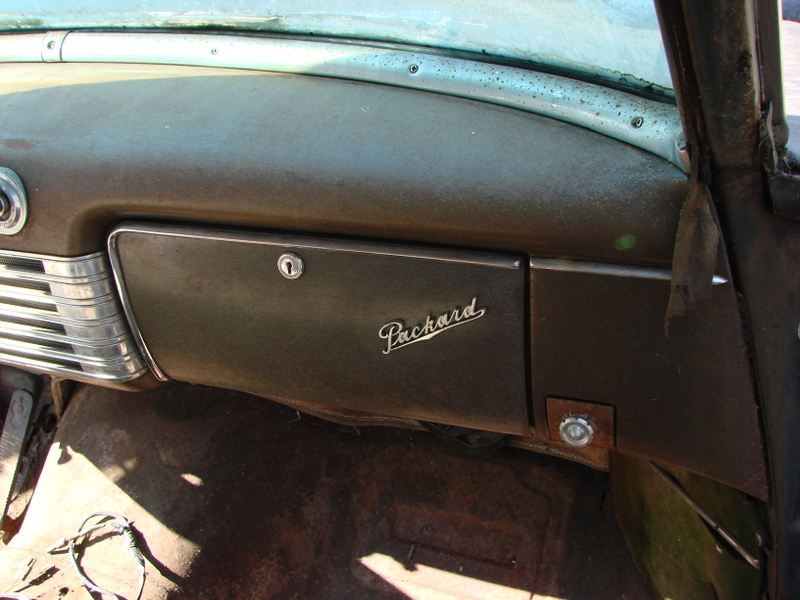Posted on 7/8/2016

Is your car's air conditioner giving a cold shoulder? Break the silence! Your car's air conditioning is similar to the typical refrigerator in your home, but is has a different layout. However, they have a similar functionality. Due to the complexity of your car's AC unit's functionality, its problems could range from minor maintenance needs to extreme repair requirements. With the numerous working components in your vehicle, your AC issues could result from anything from low or leaking refrigerant to a faulty evaporator or condenser. If the air circulated in your vehicle isn't cool enough to reduce the heat you are experiencing, it could be time for an AC diagnostic check-up. Your car's AC systems hold components that need attention to avoid cracking or drying out. Also, the car's heater demands regular check-ups to ensure there are no blockages or leaky valves. Your Auto air conditioning systems is composed of 7 main items:• Condenser • Compressor• Air conditioning l ... read more
Posted on 7/5/2016

A Guide to Tire Pressure Monitoring Systems (Part 1) Would it not be nice to always know if you have the right tire pressure in your car's tires? That is where Tire Pressure Monitoring systems come in handy. TPMS notifies drivers when their vehicle's tires pressure is going flat or is low. This increases your general safety on road by enhancing your car's handling, reducing breaking distance, decreasing tire wear, and battering fuel economy. Most countries including the United Stated have a Motor Vehicle Safety Standard that requires installation of TPMS (Tire Pressure Monitoring Systems) to warn drivers when a tire is under inflated. The standard applies to trucks, passenger cars, buses, and multipurpose passenger vehicles with a gross weight of 10,000 pounds or less. This does not include vehicles with dual wheels on an axle. There are 2 main types of Tire Pressure Monitoring Systems: indirect and direct. Direct systems use a sensor located in the tire to measure the pressure and no ... read more
Posted on 6/26/2016

Discover AC Problems Early One useful technique for ensuring the air conditioning problems do not become too costly or difficult to repair is by catching them early. This may be done by understanding the regular warning signs. They include low airflow, blowing air that is warmer than usual, blowing damp or musty smelling air, and inconsistent airflow. When such signs arise, you should get professional AC repair service. However, there exist some maintenance tips that you can use to maintain the air conditioning system in excellent conditions so that you can avoid repairs. Other signs of Auto AC Failure include: • The AC system is not cooling properly or not cooling at all • If you experience intermittent cooling during acceleration of the car. • Foggy windows • If when the AC system is turned off, the engine runs rough or will stall. • If your car is overheating while using the AC system Air Conditionin ... read more
Posted on 5/27/2016

Consider the lowly glove compartment -- it actually goes back to the earliest horseless carriages of about 1900, when the little box was actually meant for gloves (as part of any motorist's smart motoring ensemble). There's not much room in there, so what do you keep in your glove box? Fast-food mustard packets? Maps (who uses those anymore)? The kids' report cards? Here's a quick rundown of important things and convenient things you might want to keep in there: Owner's manual: Self-explanatory. Insurance papers: You may have that info on an app for your smart phone, but you're better off with a paper backup, too. Emergency numbers: Just in case. You don't want people to have to guess at that kind of thing. Medical information: Again, you don't want anyone to have to guess at this. Things like blood types, allergies, medications and other important stuff, if God forbid you're ever in an accident and c ... read more
Posted on 5/27/2016

Consider the lowly glove compartment -- it actually goes back to the earliest horseless carriages of about 1900, when the little box was actually meant for gloves (as part of any motorist's smart motoring ensemble). There's not much room in there, so what do you keep in your glove box? Fast-food mustard packets? Maps (who uses those anymore)? The kids' report cards? Here's a quick rundown of important things and convenient things you might want to keep in there: Owner's manual: Self-explanatory. Insurance papers: You may have that info on an app for your smart phone, but you're better off with a paper backup, too. Emergency numbers: Just in case. You don't want people to have to guess at that kind of thing. Medical information: Again, you don't want anyone to have to guess at this. Things like blood types, allergies, medications and other important stuff, if God forbid you're ever in an accident and can't commu ... read more